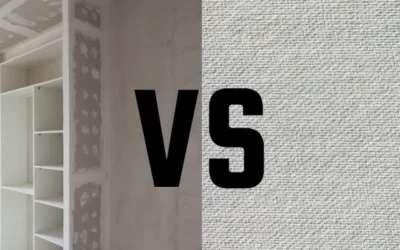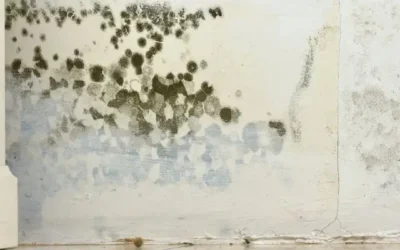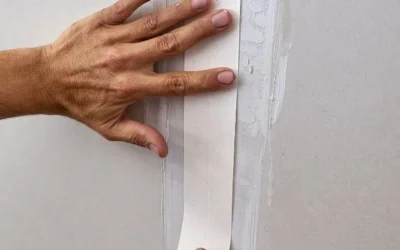Waste is an inevitable part of a renovation, however, that doesn’t mean you shouldn’t try to minimise it. Make your renovation experience seamless and reduce the waste you generate by implementing mindful practises. Not only will you help the environment, but it can also save you money during the renovation process. In this post, we’ll share 9 tips on how you can minimise waste while renovating your home.
1. Plan and Design Thoughtfully
Having a clear and detailed plan for your renovation allows you to list all the materials that you need to avoid over-purchasing supplies. This reduces the waste and helps you stay within your budget as well. Planning how to dispose of old materials as you work on your project is important. Creating a waste management plan ensures efficient disposal and prevents cluttering your workspace with unnecessary trash.
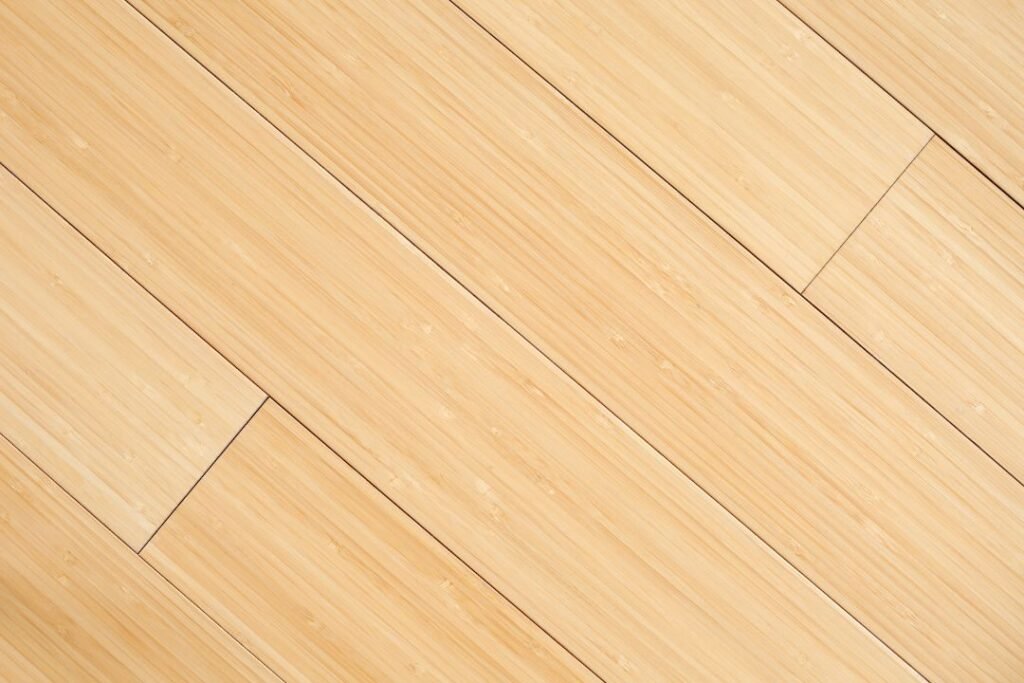
2. Choose Sustainable Materials
When selecting materials for your renovation, opt for sustainable options that minimise environmental impact. Consider using materials such as recycled or reclaimed wood, bamboo flooring, eco-friendly paints, and plasterboard. Plasterboard is an excellent choice for its recyclability and relatively low carbon footprint. It can be recycled into new plasterboard or repurposed, contributing to waste reduction and resource conservation in your renovation project.
By incorporating plastering in your renovation alongside other sustainable materials with low VOC emissions and responsible sourcing practices, you enhance the environmental sustainability of your renovation and ensure a healthier indoor environment for your home.
3. Salvage and Reuse
Instead of disposing of old materials and fixtures, why not consider salvaging or reusing them? Repurposing them for other applications is a great way to add a unique character to your home while keeping your waste at a minimum. For example, old doors can be transformed into stylish tables, and reclaimed wood can be used for accent walls or shelves, adding both charm and sustainability to your space.
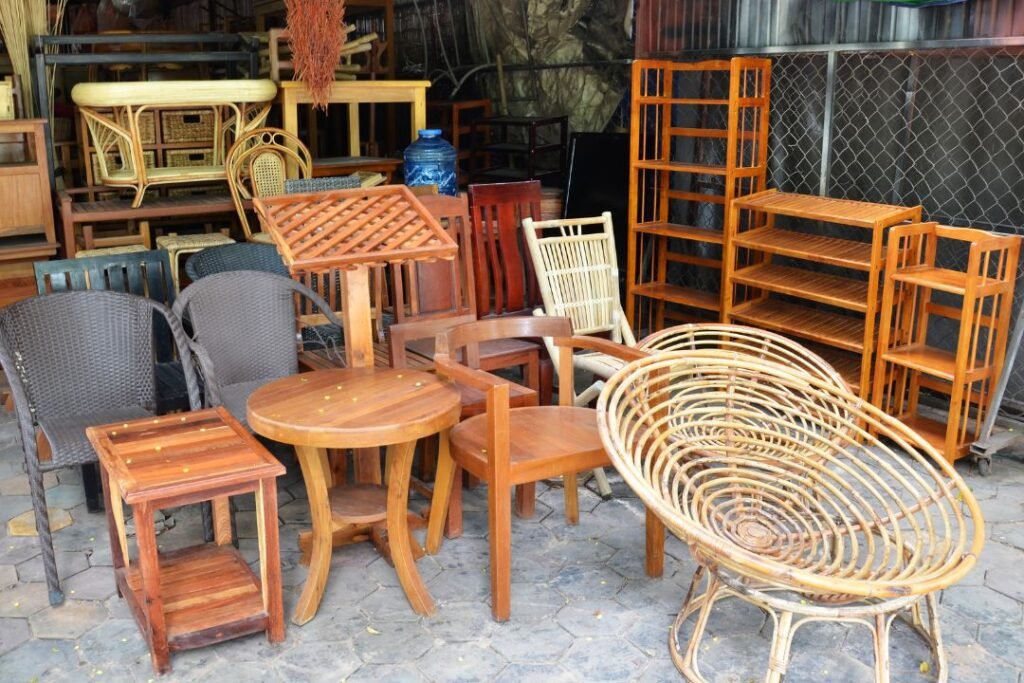
4. Donate or Sell Unwanted Items
If you have unwanted yet still usable items, donate or sell them instead of disposing. Good-condition cabinets and appliances can be donated to your local charity organisations. You can also sell these items online or in your local marketplace to prevent them from ending up in landfill.
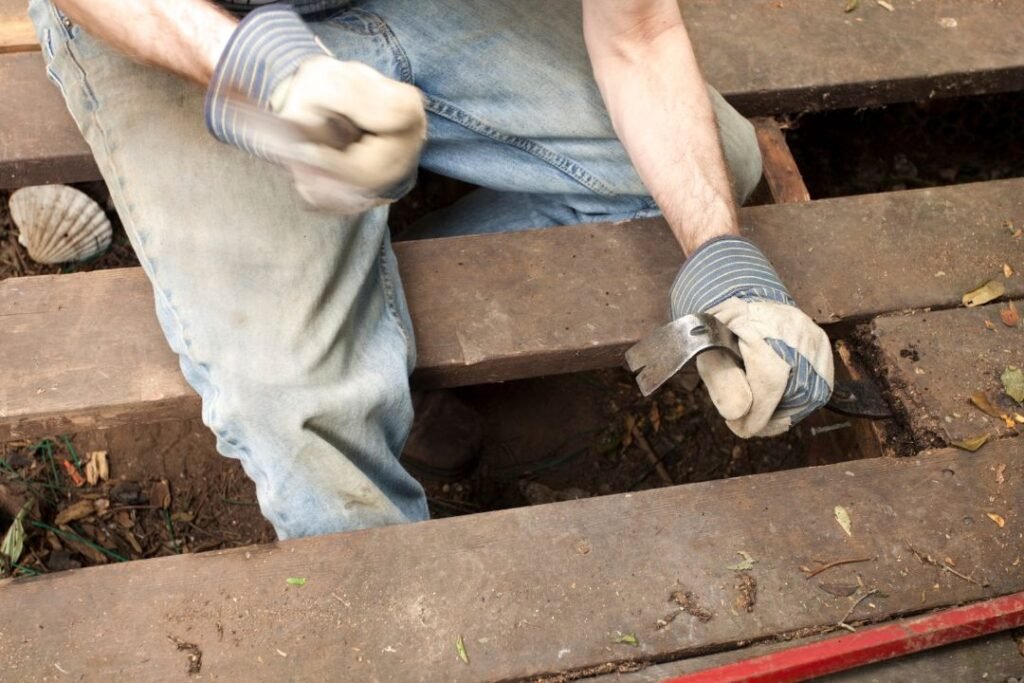
5. Opt for Deconstruction Over Demolition
Instead of a total demolition, ask your contractor to deconstruct your home. Deconstruction is the process of carefully taking apart your home to recycle or salvage reusable materials. This way you can preserve resources and reduce waste. Sort through the materials during deconstruction and determine which can still be reused, recycled, or need to be disposed of.
6. Rent Tools and Equipment
If your renovation won’t take a lot of time, consider renting tools and equipment rather than purchasing new ones. You’ll save on money and you won’t have to look for ways to store them in your home. It reduces waste since most tools and equipment aren’t regularly used and will just be stuck in your storage collecting dust. Check out your local tool hire shop or visit your nearest Kennards hire.
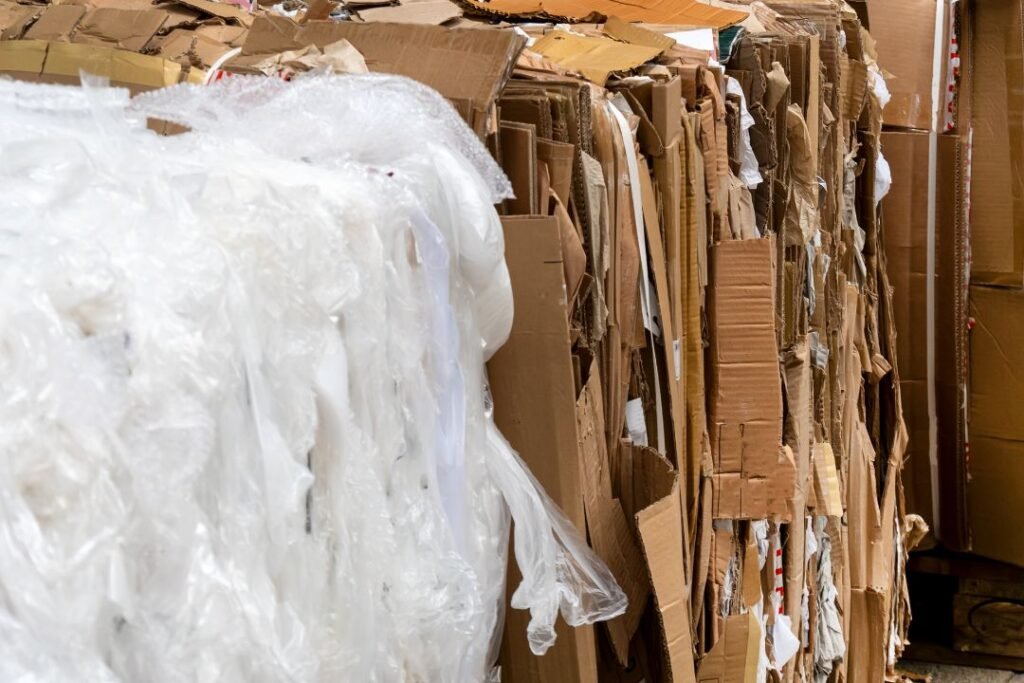
7. Minimise Packaging Waste
When purchasing materials for your home renovation, consider buying in bulk to reduce packaging waste. Buying per piece or in smaller amounts means there will be heaps of packaging you need to dispose of. You may also want to consider buying products that are packaged in sustainable materials so it will be easier to recycle or reuse them.
8. Educate Your Contractors
Before you even start with the renovation process, it’s better if you hire contractors who also commit to proper waste management. Discuss with them how they plan to minimise waste during the renovation and share ideas so you will have the same mindset throughout the project. Contractors or builders who prioritise waste reduction should be on your team to maximise the effectiveness of your sustainability efforts.
Conclusion
Minimising waste during a renovation benefits the environment and also saves you money and resources. By planning carefully, choosing sustainable materials, and reusing or recycling existing materials, these strategies all help make a positive impact on the environment and your home. Embrace these tips to create a renovated space that is not only aesthetically pleasing but also environmentally responsible.


